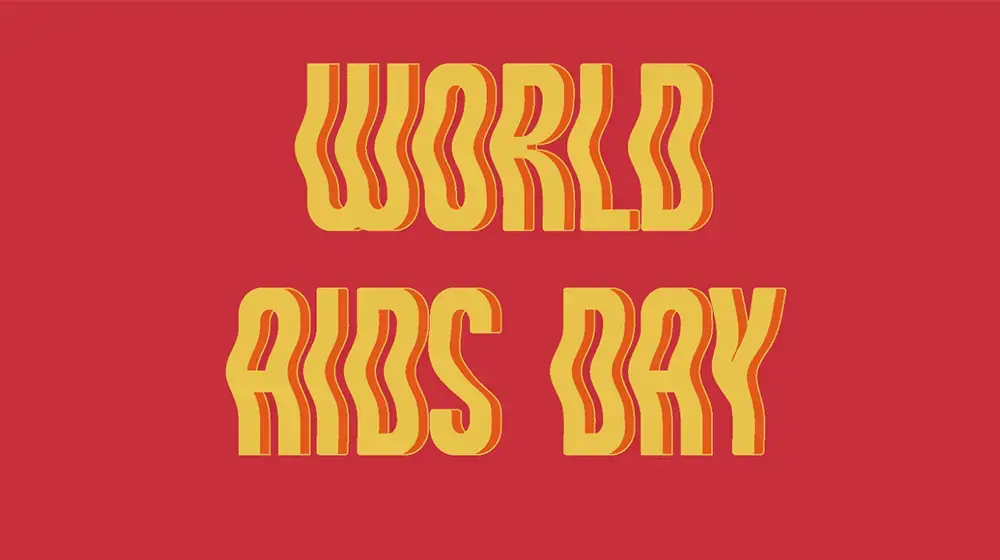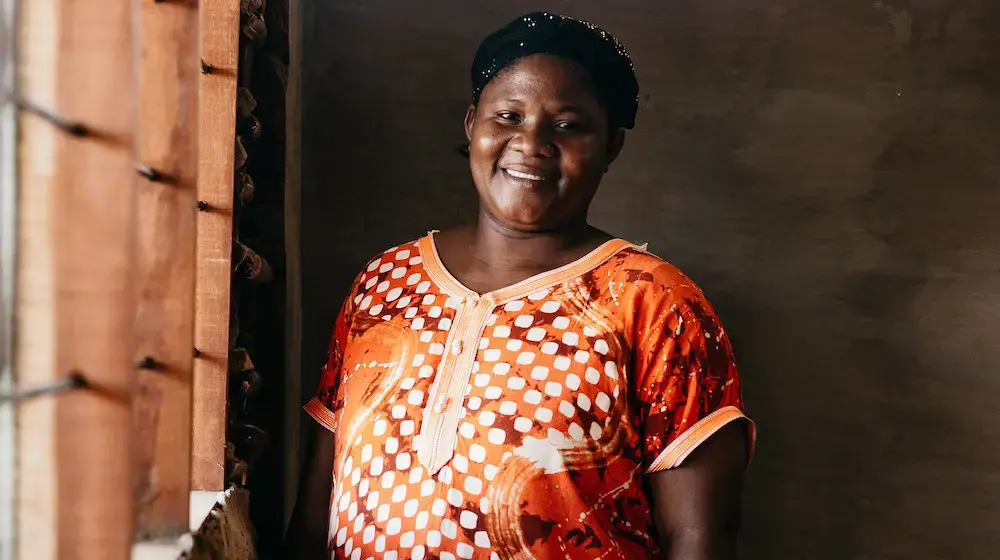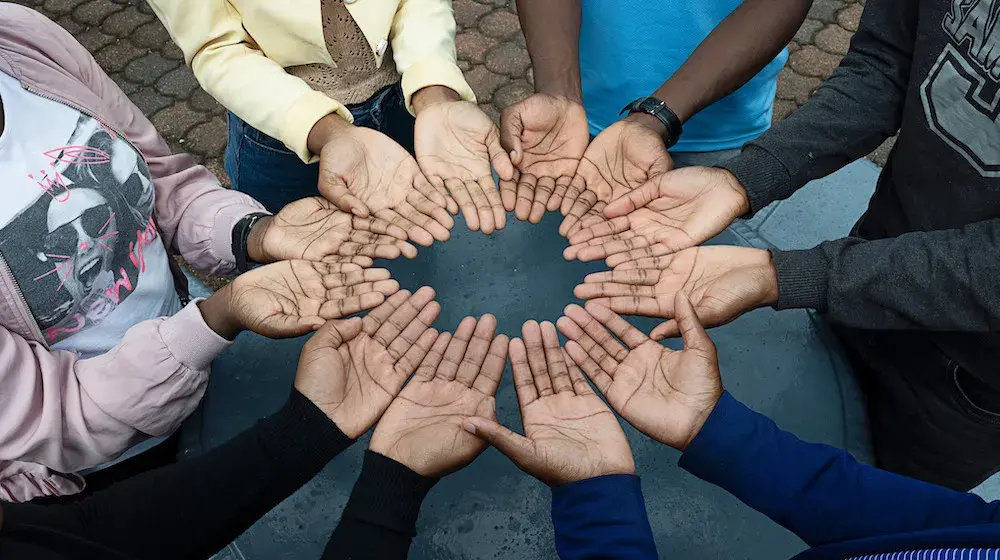KIGALI, Rwanda, ICASA— Stigma and silence are the real killers when it comes to sexually transmitted infections, said Rwandan President Paul Kagame at the opening of the 20th International Conference on AIDS and Sexually Transmitted Infections in Africa (ICASA).
Shame discourages people living with HIV from learning and accepting their status and accessing the healthcare needed to live a full life.
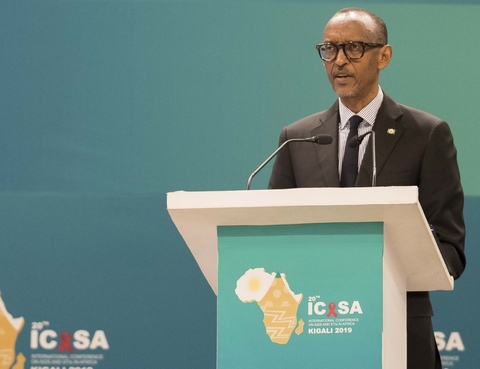
in Africa must prioritize domestic financing for health care, said
Rwandan President Paul Kagame.
© UNFPA/Aimable Twiringiyimana
“Shame discourages people living with HIV from learning and accepting their status and accessing the healthcare needed to live a full life,” he said.
It is vital to continue raising the level of support for initiatives, and governments in Africa must prioritize domestic financing for health care, he said. “Good politics and governance have everything to do with health. There is no substitute for building an inclusive and caring society.”
Close to 8,000 delegates have gathered for ICASA in Kigali, Rwanda from 2-7 December to renew their commitment to scaling up and accelerating the HIV and AIDS response, and to learn from best practices.
AIDS-related deaths on the decline
Mozambican President Filipe Nyusi commended Rwanda’s progress in the fight against HIV and AIDS, and said he aimed to draw lessons from other countries and learn from their good practices to fight the HIV epidemic.
We are here to discuss remaining gaps, and [to] see what it takes to walk the last mile together as Africans.
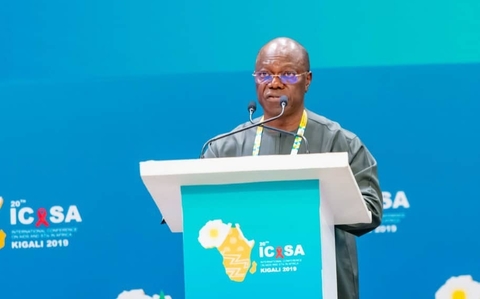
HIV infections, said ICASA President Prof. John Idoko.
© UNFPA/Aimable Twiringiyimana
Meanwhile, steady progress in the reduction of AIDS-related deaths has been witnessed in the past year, yet efforts are off track to reach the 2020 targets for reduction in new HIV infections, said ICASA President Prof. John Idoko. “We are here to discuss remaining gaps, and [to] see what it takes to walk the last mile together as Africans,” he said.
Rwanda’s Minister of Health, Dr. Diane Gashumba, said that the integration of HIV treatment into maternal and child services has led to more equitable access to prevention and treatment.
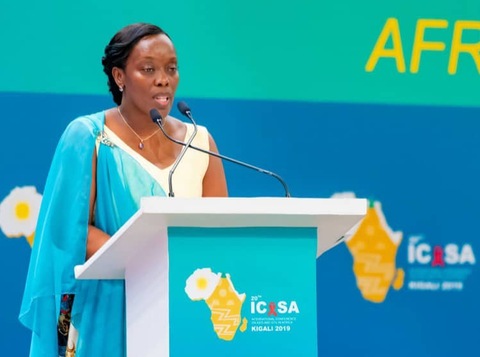
Rwanda has led to more equitable access to prevention and treatment,
said Rwanda’s Minister of Health, Dr. Diane Gashumba.
© UNFPA/Aimable Twiringiyimana
“In Rwanda, our fight against the HIV and AIDS epidemic is grounded in the principle that those affected should be at the centre of the response. We must continue to collaborate closely, and not rest until we have a generation without AIDS in Africa.”
The opening was attended by Rwanda’s First Lady, Jeannette Kagame, the First Lady of Congo Brazzaville, Antoinette Sassou N’guesso, the First Lady of Chad, Hinda Deby Itno, the First Lady of Niger, Aïssata Issoufou Mahamadou, the First Lady of Ghana Rebecca Akufo-Addo, and the First Lady of Botswana, Neo Jane Masisi.
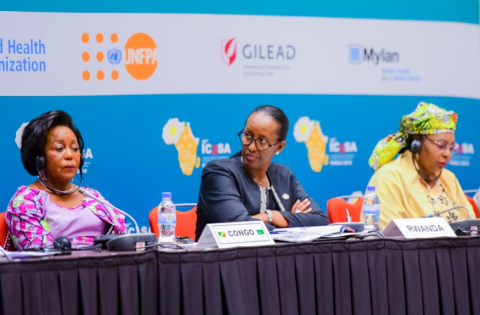
N’guesso; the First Lady of Rwanda, Jeannette Kagame; and the
First Lady of Niger, Aïssata Issoufou Mahamadou. © UNFPA
Representing UNFPA Executive Director Dr. Natalia Kanem at ICASA was Dr. Shabaneh Luay, the Regional Director of UNFPA Arab States. Also present at the opening was Tedros Adhanom Ghebreyesus, Director-General of the World Health Organization (WHO).
Organized by the Society for AIDS in Africa in collaboration with the Government of Rwanda, this year’s theme is "AIDS-free Africa – Innovation, Community and Political Leadership”. ICASA aims to promote community, scientific, and technological innovations for ending AIDS. It also seeks advocacy for financing sustainable national health responses, political leadership and accountability.
- Marie France Uwase Ntaganira


